Mercury fuel additives care for an often overlooked aspect of your outboard – the fuel system. Fortunately, most boat owners pay very close attention to their engine oil. However, your fuel system should be treated with the same consideration as fuel, like engine oil, circulates throughout your outboard engine, and degraded fuel will leave damaging deposits throughout your fuel system and engine causing excessive wear and tear that reduces engine performance and fuel efficiency.
Mercury Marine has a simple three-step system to assure that your engine is protected from the damaging effects of fuel breakdown.
Mercury Fuel Additives - Three-Step Fuel Care System
Step 1 – Quickare
Quickare treats and stabilizes fuel at every fill-up which is necessary because just about all gasoline today contains up to 10% ethanol. Left untreated, ethanol-blended fuel can break down leading to gum and varnish build-up which causes internal engine corrosion. Fuel additives such as a bottle of Quickare keep fuel fresh between fill-ups for up to three months.
Acting as a fuel system cleaner, it also cleans existing varnish and gum deposits created by ethanol-blended fuel within fuel lines, tanks, carburetors and fuel injectors, intake valves, and spark plugs; as these deposits can significantly impede engine and fuel system performance. This fuel additive also helps control moisture and corrosion problems associated with non-ethanol fuel. One ounce of Quickare treats 10 gallons of fuel, so a 12-ounce bottle treats 120 gallons.
Step 2 – Quickleen
The second step within Mercury’s fuel care system cleans your engine and fuel system. All combustion motors develop carbon deposits and the best way to clean those deposits is to add Mercury Quickleen to your fuel tank. Simply add a bottle of Quickleen to your outboard fuel tank once per year to remove carbon deposits, prevent engine knocking, piston seize up, and extend spark plug life. Aggressive fuel system cleaner within Quickleen works to quickly and thoroughly remove carbon deposits from carburetors and fuel injectors, intake valves, spark plugs, piston crowns, and cylinder heads. One ounce of Quickleen treats five gallons of fuel, so a 12-ounce bottle treats 60 gallons. Quickleen and its aggressive cleaners do not contain fuel stabilizers, hence it must be used in conjunction with Quickare, lest prevent fuel breakdown and oxidation.
Step 3 – Quickstor
Likely, there are periods when your boat is stored or is used infrequently, which can lead to issues with your engine running. If your boat will be sitting for an extended period of time, you need to add a fuel stabilizer like Mercury Marine Quikstor to prevent both regular and ethanol-blended fuels from breaking down, oxidizing, and causing fuel system corrosion, and eventually affecting the engine's performance. Before storage add a bottle of Quickstor to your fuel tank, then run the engine so that the treated fuel circulates throughout the engine and fuel lines. This extended fuel stabilizer prevents gum and varnish from forming in the engine, fuel lines, and tank and stabilizes fuel for up to one year, thereby successfully averting any fuel-related problems. One ounce of Quickstor treats five gallons of fuel, so a 12-ounce bottle treats 60 gallons.


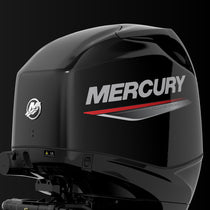
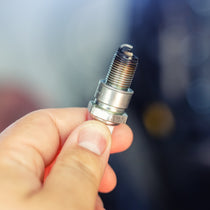
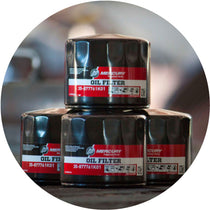
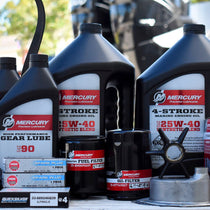
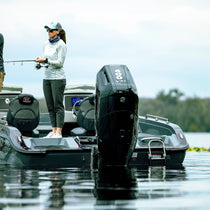













3 comments
Besides this brand, I found that Sea Foam is also popular. More or less, it delivers every major benefit your 4-stroke outboard can gain from a fuel additive.
Thanks for sharing this information I used it in 4-stroke outboard boat motors and it helped a lot and saved me a lot of money.
Why does the bottle have different instructions for using than on line for Quickleen? I’ve been using the Quickare and Quickleen per bottle directions for quite some time. Which one do you go by? I’m now using it on a 250 verado.